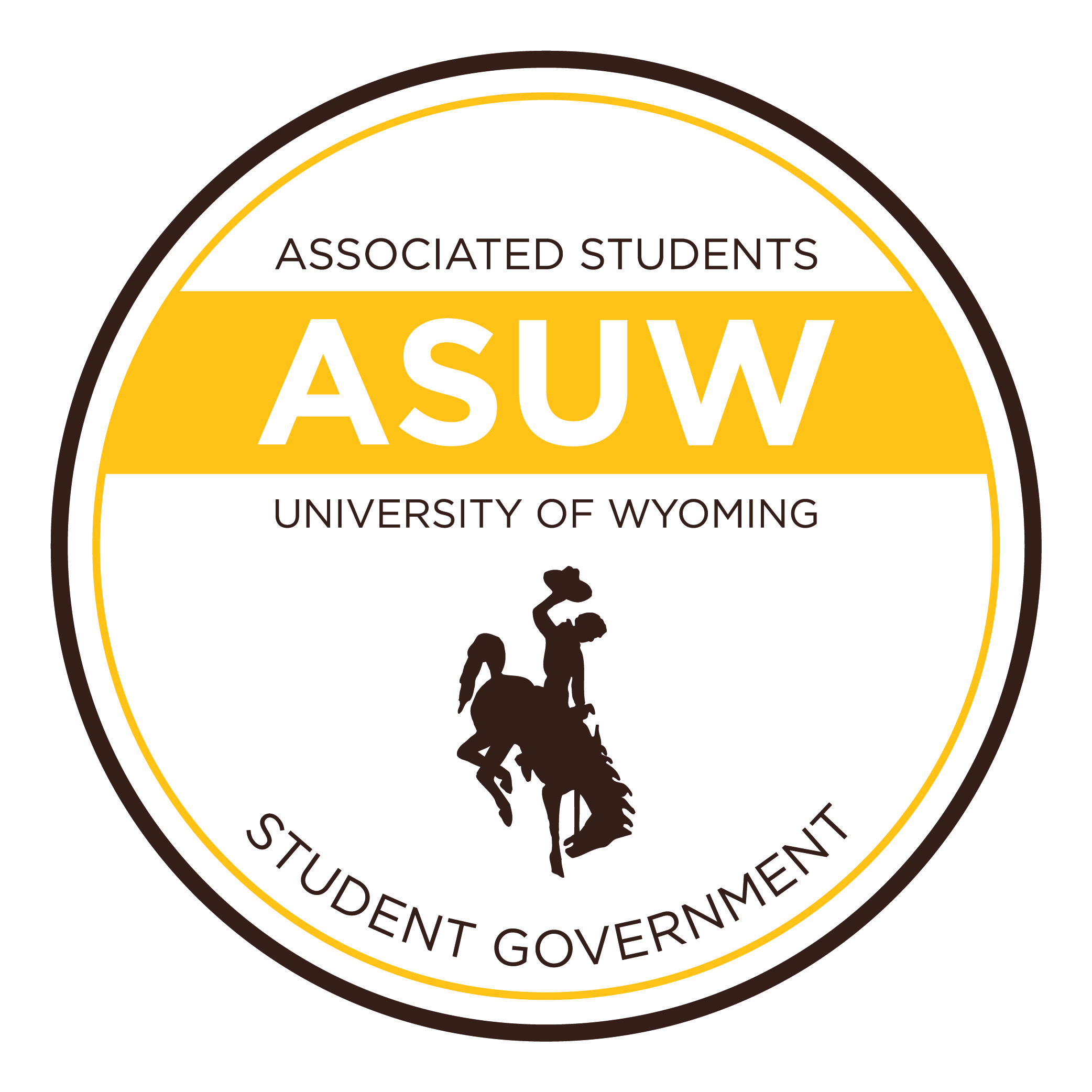ASUW met this Tuesday for their away meeting at the Marian H. Rochelle Gateway Center, gaveling in at 7:08 p.m. The meeting minutes for the previous meeting were approved unanimously while the agenda was approved following changes to its order due to appointments.
For RSO Funding Board requests, the RSO Students Supporting Veterans appeared before the senate again, having modified their request to accommodate for rules within the ASUW Finance Policy, which ASUW had suspended for the same event in the past two years.
The new request totaled $4625 and was voted on and approved unanimously.
There were two executive position appointments that were heard and voted on, which were Director of Marketing and Election Commissioner.
For Director of Marketing, Zack Kilgore, a student pursuing a bachelor’s degree in marketing, was under consideration. Kilgore had served as a member of the ASUW Judicial Council and as Assistant Director of Marketing for ASUW. He was responsible for several social media and website updates this past semester.
Senator from the College of Engineering, DeLany, said that she had concerns regarding mistakes made on the ASUW website and Facebook page, which is in part maintained by Kilgore.
The senate voted in favor of Kilgore’s confirmation, with Senator DeLany as the only no-vote.
Eli Lindsey, a graduate student in the College of Agriculture, was considered for ASUW Election Commissioner.
Senator from the College of Arts and Science, Haley Fried, said that she had concern regarding the candidate’s experience in political science. Fried is a political science major.
“As most of you know, I am a political science major and I’ve done a lot of elections that are through the university and outside as well,” Fried said. “And while I really appreciate the candidate that wants to get students involved, I don’t know how well versed he is in actual election policy and the way that elections work.”
Lindsey’s confirmation was voted on and approved by the senate, with only one no-vote.
For Old Business, the senate was considering Senate Bills 2580, 2582, 2586 and 2587.
SB 2580, which had been previously tabled for the past two meetings, was moved to be taken off the table again. The motion was voted on and approved and discussion was opened regarding the legislation after it was said that the Budget and Planning and Student Outreach and Policy committees had do-pass recommendations.
Senator DeLany asked Senator from the College of Agriculture, Kennedy, who is the author of the legislation, if there would be a Student at Large (SAL) on the committee that will be working with the consultants on the UW Campus Arts Plan. Kennedy said that it would be possible that a SAL be included in the process, but that would be up to the ASUW executive.
“I believe that the language in the bill is that the ASUW student government shall work alongside the UW president’s public art committee and all other campus committees involved in the development of this plan,” Kennedy said. “So I would argue that it gives our executive, our president plenty of leeway in deciding if that is a student at large with a senator, I would say yes, it could be done.”
Echoing previous comments regarding the bill that he had said at last week’s meeting, Senator from the College of Law Defebaugh, said that although he could not support the legislation, he would be interested in working to accomplish the goal of encouraging more art on campus.
“I would just reiterate comments that I made last week on this bill,” Defebaugh said. “I will be voting ‘no’ on this, but will be working diligently with the author to see what ASUW can do to this end and maybe make improvements on campus.”
SB 2580 was voted on, and passed by a vote of 18 in the affirmative, seven in the negative and two abstentions.
SB 2582, which pertains to the establishment of an election process to fill ASUW senate vacancies, was moved after it was said that the Senate Vacancy committee gave it a do-not pass recommendation.
Senator Fried said she would be voting no on the bill and that senators should view legislation that she authored regarding a similar issue that was set to be introduced as new business later that night. That particular legislation is Senate Bill 2589 and it addresses the issue of senate vacancies as well.
“I do not feel that our school is involved enough in elections to make this an efficient use of our time,” Fried said. “If you look at the next semester, we already have 7 going on 8 vacancies which puts us extremely close to being out of quorum and with this piece of legislation, it would take a lot of time to retain that quorum.”
Fried said that the vacancy committee selection process is vital in allowing ASUW to have a vetting role in the selection of senators who fill vacancies.
Senator Defebaugh said that the process described in the legislation makes for an efficient democratic method of filling senate vacancies without sacrificing, ensuring that the candidates meet the necessary requirements.
“I think the current bill before us could offer the quickness that modern technology brings to us with a flair for democracy in allowing the college to vote for the people who therefore represent them,” Defebaugh said. “When we’re choosing senators to fill vacancies in the way that we previously have done, to me there’s a hypocritical nature of the senate assembled before us today and the way that they viewed how we choose executives who are appointed by the president and judicial council nominations.”
The bill was voted on and passed by a vote of 18 in the affirmative, seven no’s and one abstention.
SB 2585, regarding ASUW revisions to reserve policies was given a second reading. Freshman Senate and the Budget and Planning committee gave the legislation do-pass recommendations. The legislation passed via a motion for unanimous consent.
SB 2586, pertaining the restructuring of senator service hours, received a second reading and a do-pass recommendation from Program and Institution Development committee after it was voted on that Steering committee be removed from considering the legislation.
After some discussion, the legislation was voted on and unanimously approved.
For new business, the senate heard Senate Bills 2587, 2588, 2589 and Senate Resolution 2590.
SB 2587 seeks to revise the RSO Funding Board deadline exception clause, which many RSOs have been finding issues with this semester.
SB 2588 involves the allocation of $2,000 for a Waste Audit Initiative.
SB 2589, as aforementioned, involves the establishment of the Senate Vacancy Committee as a special committee.
SR 2590 pertains to ASUW’s support of the creation of a Natural Resources Recreation and Tourism Degree Program.
The pieces of legislation are scheduled to receive their second readings when the senate meets next time.



